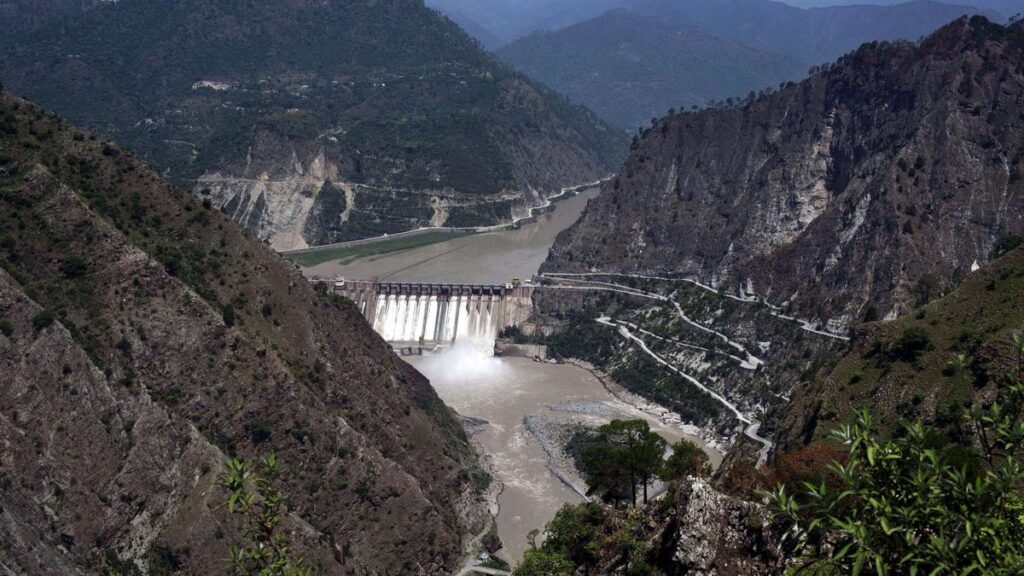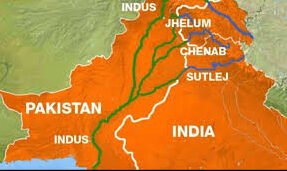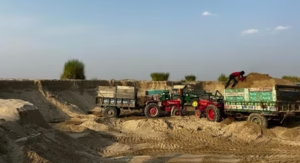What is the Indus Waters Treaty? How adversely would it affect Pakistan?

Hydro projects on the Indus river
In response to the Pehalgam Terrorist attack, PM Modi chaired the high-level meeting of the Cabinet Committee on Security under which several retaliatory measures were taken against Pakistan. This included the suspension of the Indus Waters Treaty.
What is Indus Waters Treaty ?
Indus Waters Treaty was signed between India and Pakistan on September 19, 1960, and was brokered by the World Bank. The treaty sets out a mechanism for cooperation and information exchange between the two sides on the use of the water of the Indus River and its five tributaries Sutlej, Beas, Ravi, Jhelum, and Chenab. It prescribes how water from the six rivers of the Indus River System would be shared between India and Pakistan. It allocated the three western rivers Indus, Chenab, and Jhelum to Pakistan for unrestricted use, barring certain non-consumptive, agricultural, and domestic uses by India and the three Eastern rivers Ravi, Beas, and Sutlej were allocated to India for unrestricted usage. This means that 80% of the share of water went to Pakistan while leaving the rest 20% of water for use by India. The IWT provides a three-step dispute resolution mechanism under which “questions” on both sides can be resolved at the Permanent Commission, or can also be taken up at the inter-government level. Unresolved differences between the countries on water-sharing left to be addressed by the World Bank-appointed Neutral Expert (NE)

Impact of suspension of the Treaty
If India cuts the Indus water, it will affect Pakistan’s Tarbela and Mangal hydropower projects. Electricity production here will be affected by 30 to 50 percent, which will also affect industry and employment. 90 percent of the cultivable land of Pakistan’s Sindh and Punjab provinces is dependent on the water received under the Indus Water Treaty for its water needs. In such a situation, if India stops the water of rivers like Chenab, Jhelum and Indus, then there can be chaos in Pakistan. By stopping the water, not only will Pakistan’s cultivable land be on the verge of drying up, but drinking water and power projects will also suffer a major setback. Pakistan will have to bear the brunt of economic distress due to this step of India.





